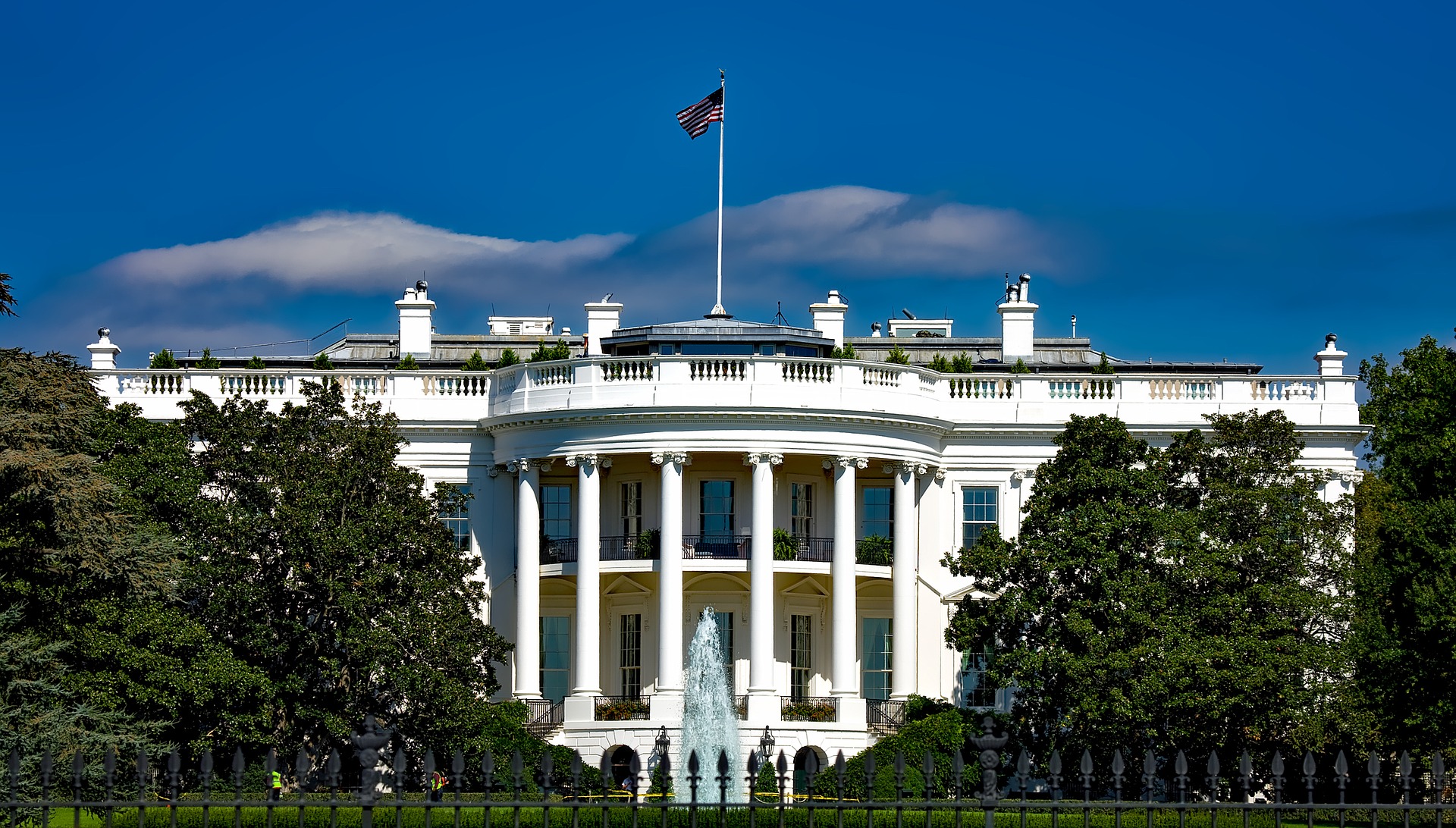I enjoy using Facebook. I check it several times each day, and I'm convinced that it can be a useful platform for spreading information, sharing life experiences, and encouraging our friends and family. But increasingly, I'm noticing a trend that I think can be improved upon. It seems that some of the people I appreciate in real life are using the biggest communication platform they've ever been entrusted with, primarily to vent about their political beliefs.
Good government and political leadership are important, but there's more to life than presidents, candidates, treaties, policies and elections.
Out of curiosity, I recently asked my friends on Facebook to vote in a poll. The poll had two options to select from:
Option 1: "I like political posts."
Option 2: "I dislike political posts."
91% of those who voted in the poll expressed their dislike of political posts. Consider for a moment what that might mean.
If you're primarily using Facebook (or other forms of social media) to vent your political opinions…
1. You might be irritating a large percentage of your friends and family. (Do you care?)
2. You might be getting used as a pawn by political committees and members of the media who are happy to have your help spreading a specific narrative. (They're happy to tell you what you should be outraged about today. In fact, they already know what they'll be making you upset about tomorrow.)
3. You may be wasting an opportunity to communicate things that matter more than politics because the reputation you're developing for yourself, on the biggest platform you've even been given, makes it appear that your primary concern is the political beliefs of others. (Is that your primary concern? Have you become convinced that politics has the ability to change hearts and fix the world?)
4. If you're a ministry leader, you may lose valuable opportunities to communicate and model the gospel because you're regularly being "snoozed" and "unfollowed" by those who grow tired of your political rants. You had a choice to engage people in a more wholistic way, but you chose the route of mono-posting instead. (Does this seem like a wasted opportunity to you or are you fine with it?)
5. You may be coming across as smug if your posts seem like you're always calling those you disagree with stupid or ignorant. (Is that the kind of voice you're using in your posts?)
6. You may, at this point, only be talking to yourself. (It's possible that you've severely damaged your ability to communicate with those who don't already share your opinions.)
I'm not implying that there's never a time to post a political opinion, but I am saying that it would be nice if we didn't post our politics every time we logged on, five times a day, over and over, from an angry or demeaning perspective.
Again, I think this is particularly true for those who believe they've been called to the pastorate or some form of Christian leadership. When I read the writings of the Apostle Paul, I'm grateful that he didn't spend his time complaining about the Roman government (or idolizing it). He shared his life, shared his struggles, taught, edified, corrected, and trained others with the goal to encourage a deeper devotion to Christ. I think it would be a good idea for us to consider his example when we make use of our social media as well.
What do you think? When is it appropriate to post a political opinion? How often should we do so? What kind of voice should we be using if we do so? What words of caution would you give church leaders who choose to wade into these waters?
To those who take the time to post about more than just politics, thank you.
© John Stange, 2019





